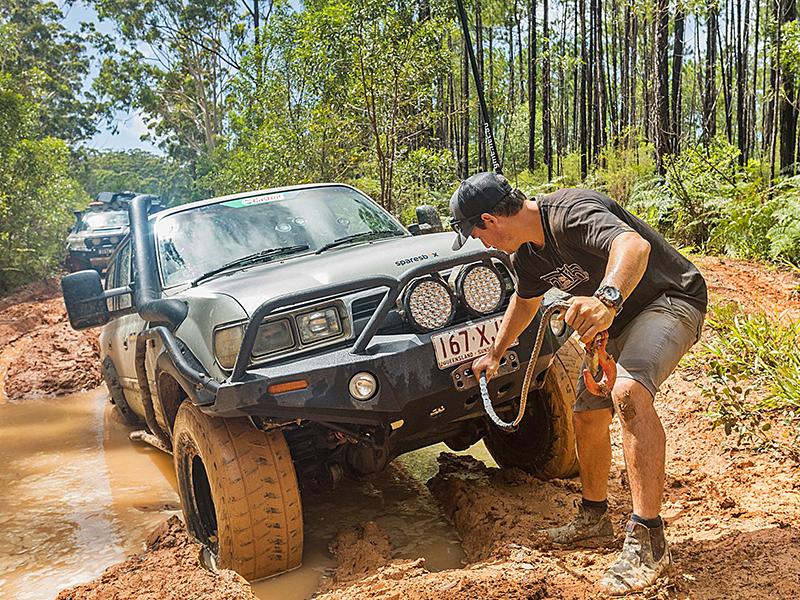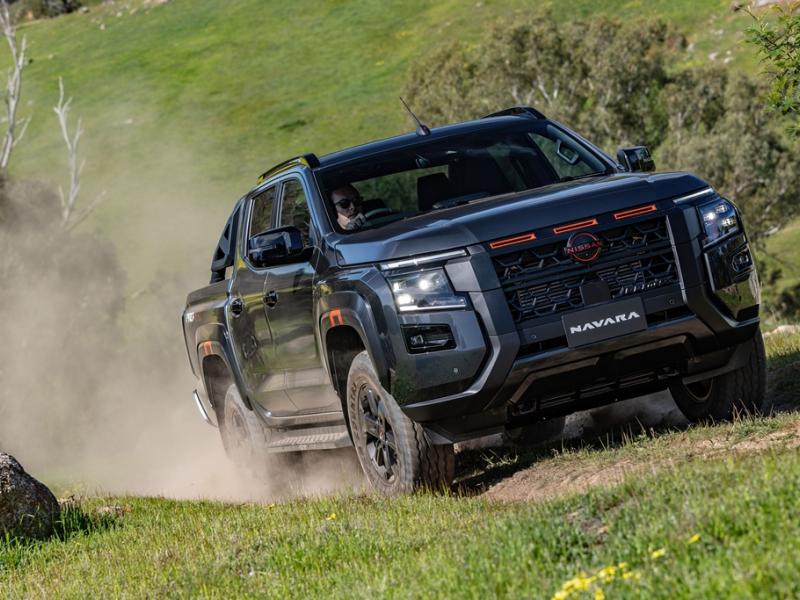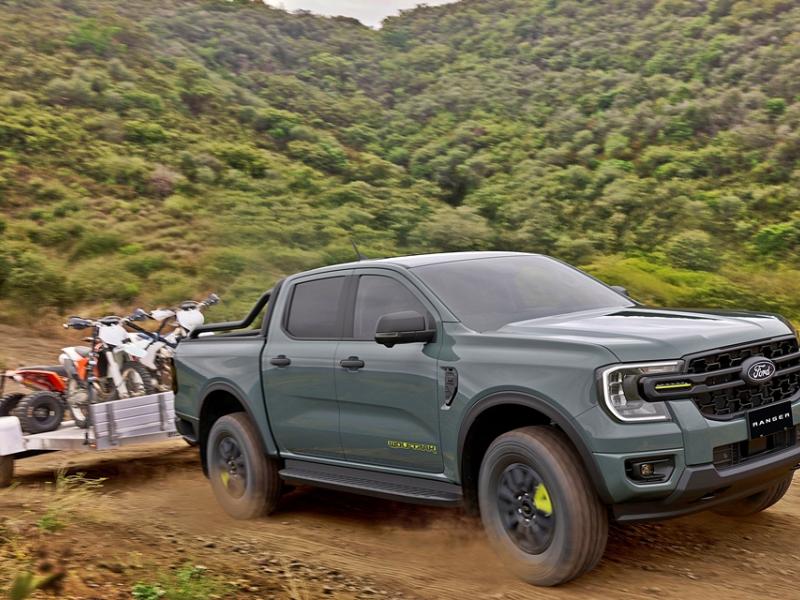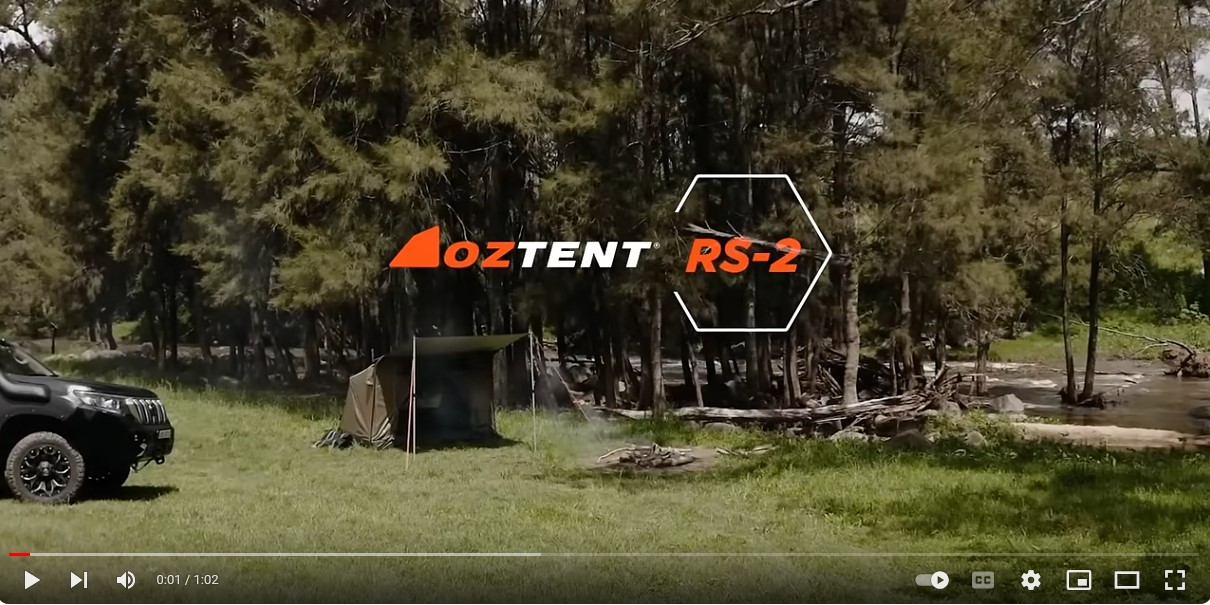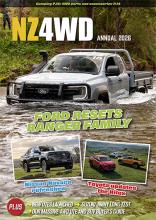It’s that time of year. After a pretty ordinary summer, we head into winter, and the mudholes, washouts and river crossings are becoming trickier.
With the right technique, and the right gear, there’s little to fear.
Here are a few top tips for safe recoveries:
- Use the correct tool for the job.
- Never use a tow strap for kinetic recoveries.
- Keep that hi-lift jack clean.
- Don’t use damaged equipment.
- Use the correct shackles.
- Re-roll the winch cable after use.
- Keep the equipment clean.
- Use your own gear.
Personal safety and the protection of property are paramount when considering 4WD recovery.
Never attempt to recover a vehicle without all the necessary equipment.
Only use equipment that is properly rated and in serviceable condition. If in doubt, don’t use it.
Ensure that only the people required for the recovery are present. All spectators should be kept at a safe distance.
Maintain good communications maintained between participants and bystanders at all times. This is best achieved by use of UHF radio.
Due to the nature of synthetic fibres, recovery straps require rest periods between use to return to their original length and capacity. Be aware that excessive pulls on a recovery strap over a short period of time can cause build-up of heat and possible failure.
Always consider your impact on the environment. As responsible 4WD users we are charged with caring for the areas we visit.
During wet periods, 4WDs can have a devastating effect on our tracks. Long term damage can result in temporary or even permanent track closures. Before travelling, obtain a list of road closures from the relevant conservation and environment offices.
Make a minimum of attempts at passing an obstacle before trying to recover the vehicle. Excessive wheel spin can cause damage to both the track surface and vehicle components.
It is important to ensure that only correctly mounted and rated recovery points are used for vehicle recoveries. Check the vehicle manufacturers hand book for recovery point locations. Tie down points are not suitable for vehicle recovery so aftermarket recovery hooks should be fitted.
Do not use a tow ball or tie down point as a recovery point. Tow balls are not made of high tensile material and have been known to fail from stress, with the potential to become lethal missiles. If you are unsure of the type of recovery points on your vehicle, consult the manufacturer.
When winching, use a recovery damper – a device designed to restrict the whipping action of a strap or winch cable in the event of failure, therefore reducing the possibility of vehicle damage and personal injury. It should be fitted to the middle third of a strap or winch cable. Only bow shackles that are load rated should be used for vehicle recovery. Load ratings are visible on the shackle and will be in the form of WLL (working load limit) or SWL (safe working load). Shackles with a rating of at least 3.25t should be the minimum and are suitable for attaching one end of a strap. 4.75t rated shackles have a larger eye and are more suited to applications such as tree trunk protectors where two ends of the strap are fitted in the shackle.
Welcome, now, to our guide of the right equipment for safe recovery.


